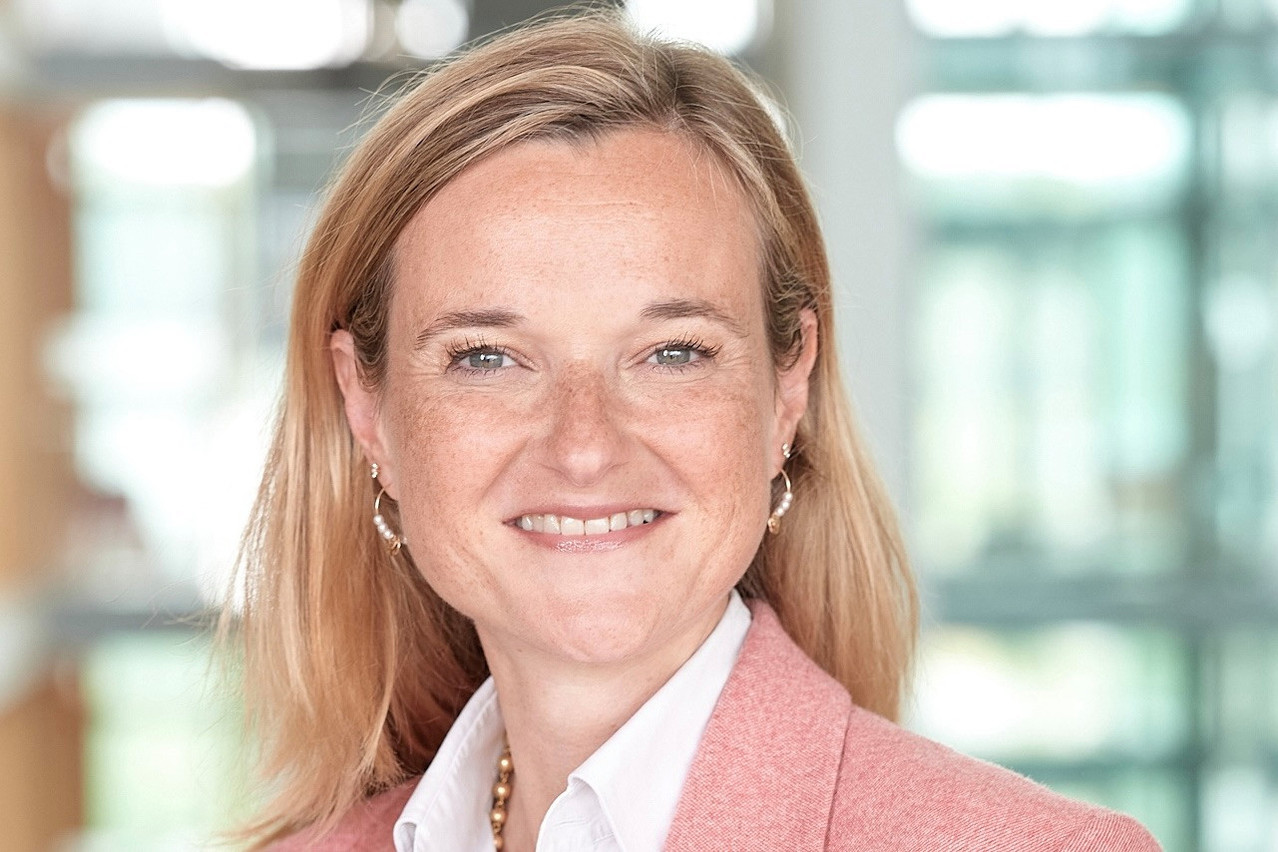In an ever-changing world of work, what skills will be most in demand?
: “The answer is probably already in the question... in the face of this constant change, employees need to demonstrate agility, the ability to learn and also curiosity in order to discover new skills or ways of working. This is, of course, in addition to the technical skills required and specific to each position.”
“This theme is at the very heart of the priorities of companies, which are seeing a major shift in the way they recruit, manage, develop and retain their employees. More and more organisations are adopting a ‘skills-first’ approach, placing skills at the heart of their processes and strategy. By shifting the focus from qualifications, positions or titles to individual skills and talents, these companies are creating environments that foster innovation, collaboration and employee engagement.”
How do you see the impact of artificial intelligence and robotics on the skills needed in tomorrow’s businesses?
“Given the exponential development of new technologies, it’s very difficult to predict what the new advances will be and how they will impact the day-to-day lives of employees and organisations. However, without claiming to have a crystal ball, we can expect artificial intelligence and robotics to be major components of tomorrow's business. They will certainly make it possible to replace a number of tasks currently performed by employees, to increase the efficiency of operations, and therefore to resize and redefine the skills required of individuals.”
“However, we must not underestimate the need to supervise the use of these new technologies to ensure that it is judicious. It will be vital not to compromise on the need for employees to think critically and use their professional judgement in their area of expertise.”
What are the best practices for maintaining collaboration and innovation in a hybrid working environment?
“The development of hybrid working has changed the game in terms of exchanges and collaboration within companies: many interactions take place via screens and individual contributions to a common effort can be made asynchronously. Some might see this as a potential brake on creativity and, more broadly, innovation.”
“Against this backdrop, while some companies are advocating a return to the office, others prefer to continue adapting to these new ‘ways of working.’ To achieve this, companies are concentrating their efforts on creating physical and virtual environments where employees can freely express their ideas without fear of failure or judgement. In this way, the notion of ‘psychological safety’ is highlighted by many as a key factor in encouraging new ideas.”
“As for opportunities for exchange, brainstorming sessions, hackathons and other initiatives that encourage the sharing of ideas remain best practice... Should they be virtual or face-to-face? It’s up to each company or team to define the most appropriate format.”
